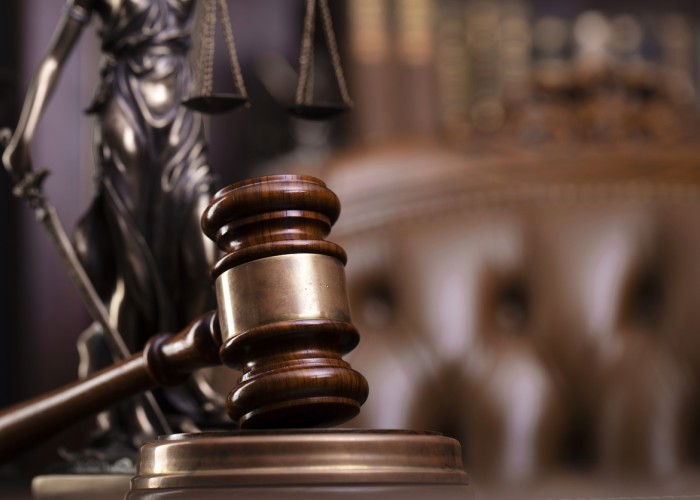Avv. Alessandro La Rosa
È recentemente divenuto pubblico un documento leak –un working paper (“WP”)- contenente le proposte di emendamento delle delegazioni di Francia, Spagna e Portogallo, relative alla proposta di Direttiva del Parlamento europeo e del Consiglio sul diritto d’autore nel mercato unico digitale (2016/0280 COD, “Proposta di Direttiva”).
In particolare le suddette proposte di emendamento riguardano i considerando (“Recitals”) 37, 38 e 39 e l’art. 13 della Proposta di Direttiva.
Le proposte di emendamento dei tre paesi in questione vanno a modificare o integrare l’originale proposta di direttiva della Commissione, per arrivare più facilmente e chiaramente a quel giusto bilanciamento fra i diritti in capo agli utenti (fra i quali, in primis, la libertà di espressione e d’informazione) e l’altrettanto fondamentale diritto dei rightholders a veder retribuito l’utilizzo delle proprie opere sulle piattaforme di condivisione online. Tale intervento non va quindi a limitare la tutela data agli utenti, ma va invece a facilitare il recupero di un equilibrio fra interessi contrastanti che la Direttiva e-Commerce (“ECD”) non è sembrato riuscisse a garantire senza difficoltà interpretative, data la sua obsolescenza in relazione alla complessità degli attuali servizi offerti dai fornitori di servizi della società dell’informazione (“ISSPs”).
Di seguito una sintesi degli interventi del WP meritevoli di considerazione.
- Recital 37
- Recital 38
- Recital 39
- Articolo 13
--------
[1] Rec. 37 (“WP”): “In addition to giving access to content, these services have in place functionalities such as categorization, recommandations, playlists, in order to attract and retain users to their websites.” [2]Rec. 37 (WP): “[…] perform an act of communication to the public and therefore do not fall in the scope of Article 14 of the Directive 2000/31/EC”. [3]Rec. 38 (WP): “It is also reasonable to expect a duty of care from information society service providers which, without necessarily being engaged into an act of communication to the public, nonetheless store and give access”. [4]Rec. 38 (WP): “Such services should take appropriate and proportionate measures, with regard to their audience and revenues, to ensure protection of works or other subject-matter”. [5]Rec. 39 a) (WP): “Rightholders should provide the necessary data to allow the services to identify their content and the services should be transparent towards rightholders […]”. [6] Rec. 39 a) (WP): “They should ensure the effective stay down of content infringing copyright and related rights”. [7] Rec. 39 a) 2016/0280 COD. [8]Rec 39 b) (WP): “Furthermore, except where agreements exist, they should be limited to preventing the availability of specifically identified content and should not go against the prohibition of a general obligation to monitor set forth in Article 15 of Directive 2000/31/EC, when applicable”. [9]Art. 13 1) (WP): “[…] are actively involved in providing access to the public to such contents, including by optimizing the presentation of the uploaded works or subject-matter or promoting them, perform an act of communication to the public within the meaning of Article 3 of Directive 2001/29/EC and are deemed not to fall under Article 14 of Directive 2000/31/EC”. [10]Art 13 1) (WP): “take measures to prevent the availability on their services of works or other subjectmatter identified by rightholder”. [11]Art. 13 3) (WP): “Member States shall ensure that the information service providers […] put in place complaints and redress mechanisms that are available to users in case of disputes over the application of the measures referred […]. Any complaint filed by a user under the mechanism shall be processed by the relevant rightholder within a reasonable period of time. The rightholder shall duly justify his/her decision”. [12]Art. 13 3) (WP): “[…] effectiveness in light of technological developments”. Related Posts


